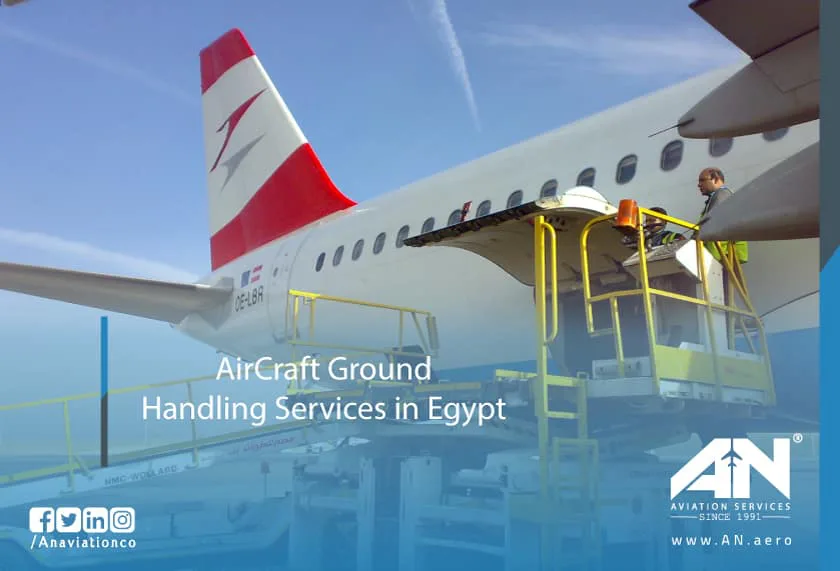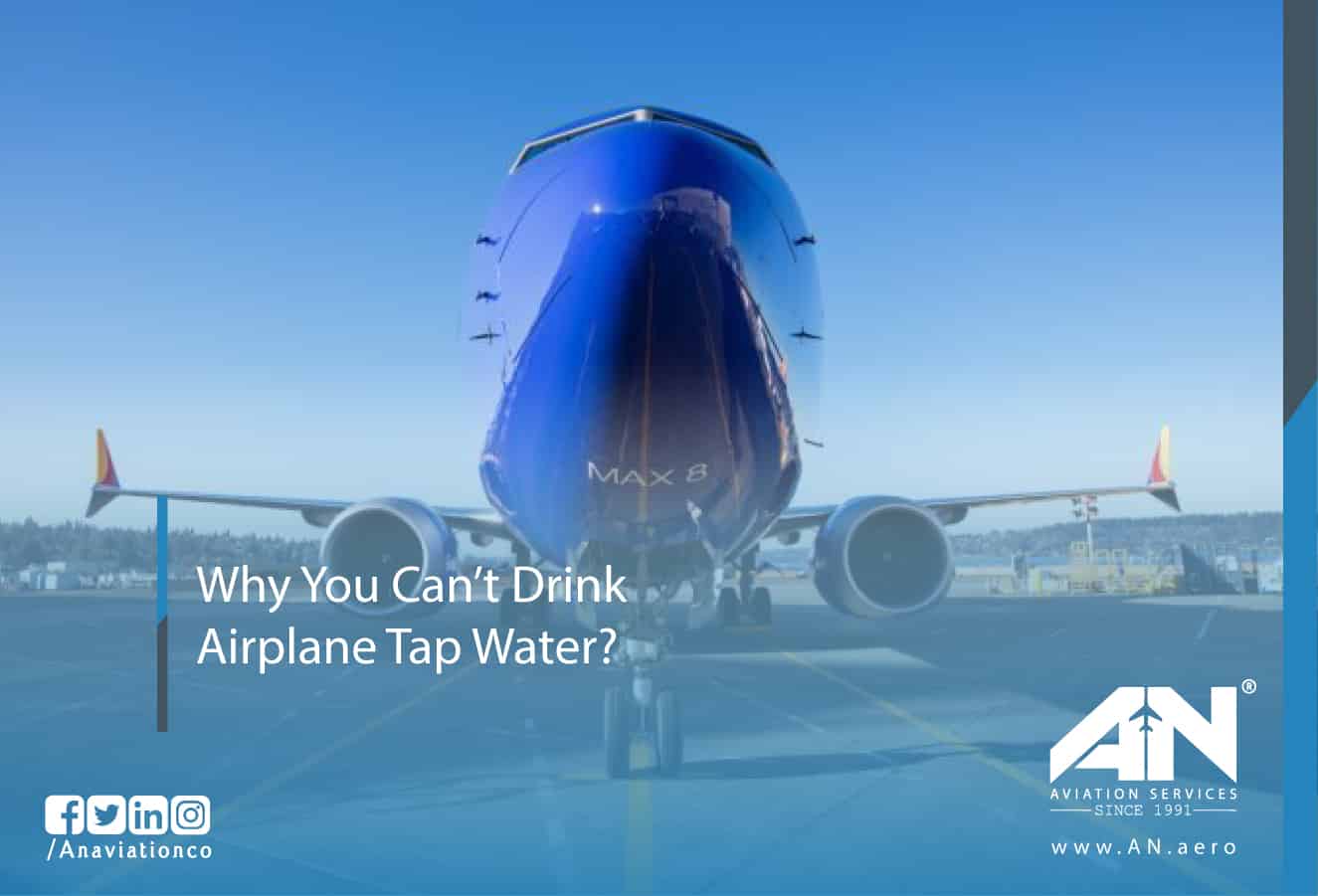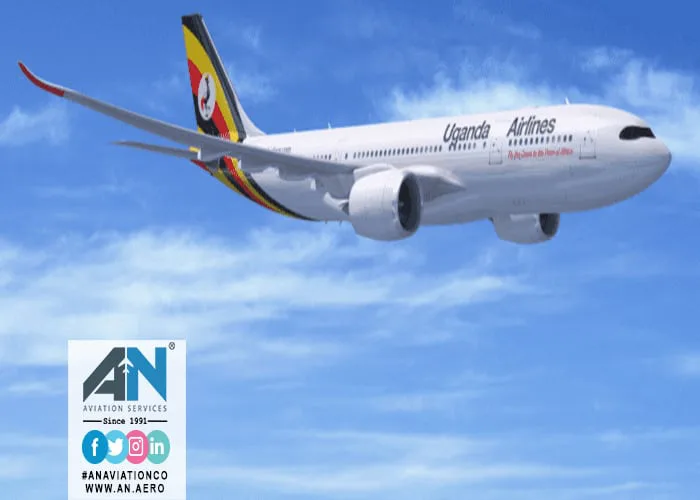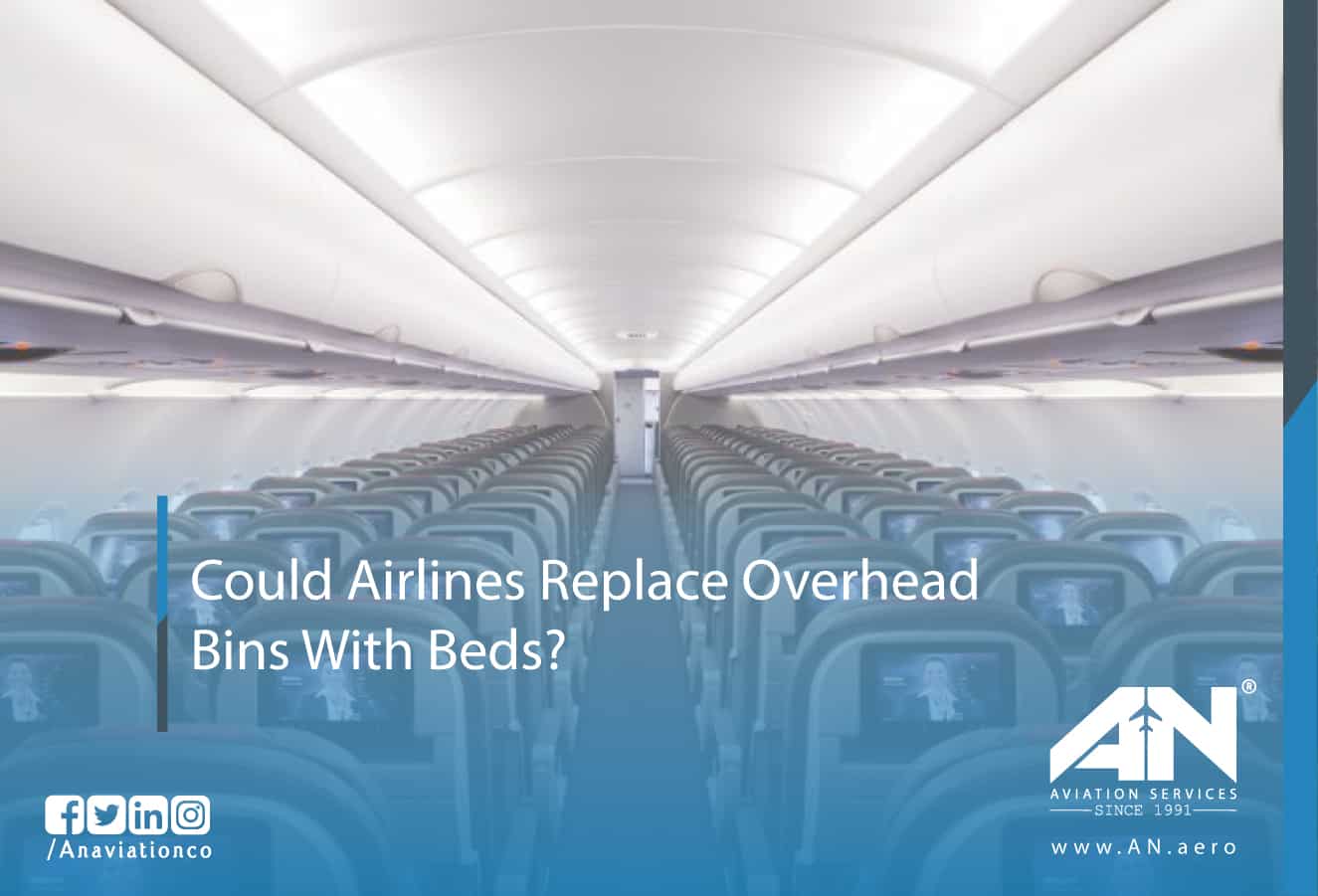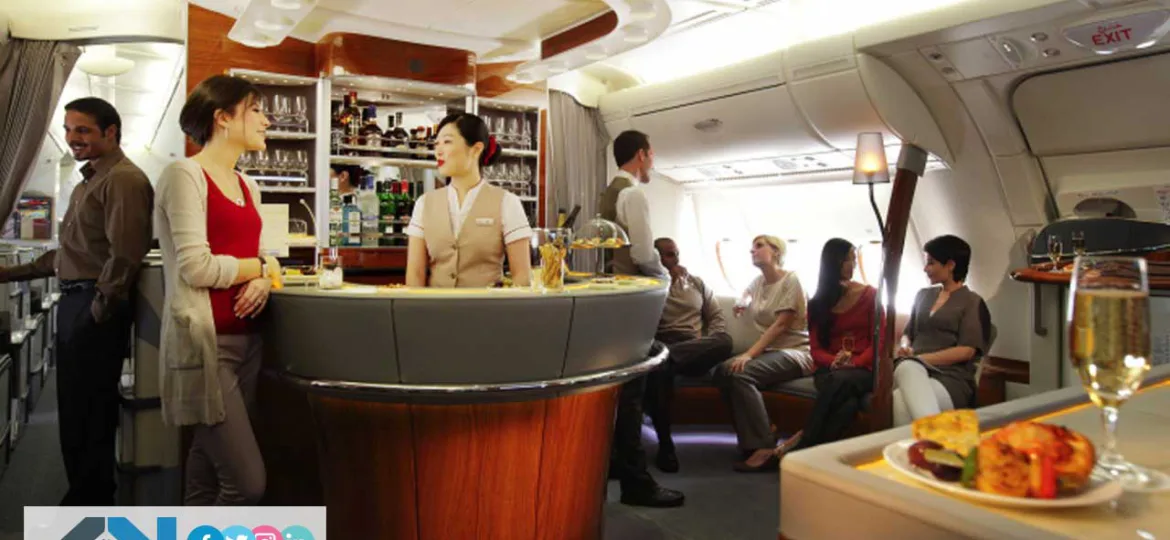
The aviation industry is constantly evolving, with new technologies transforming the way we experience air travel. From artificial intelligence (AI) to augmented reality, airlines are adopting innovations that promise to make flying smoother, faster, and more personalized. These emerging technologies are set to reshape everything from check-in to in-flight entertainment, offering passengers a more seamless and enjoyable travel experience.
In this blog, we’ll explore 7 key airline innovations that are poised to change the way we fly, improve the passenger experience, and push the airline industry into the future.
Artificial Intelligence (AI) for Personalized Travel
Artificial intelligence (AI) is revolutionizing the airline industry, offering new ways to personalize the passenger experience from booking to in-flight services. AI-powered tools can analyze data to understand passenger preferences and provide tailored recommendations.
- Personalized Booking: AI can suggest flights, accommodations, and even travel itineraries based on your past behavior and preferences. By analyzing your travel history, AI systems can provide more personalized options for future trips.
- In-Flight Services: Onboard, AI is being used to improve customer service. Flight attendants can use AI to anticipate passenger needs, offering personalized meal suggestions, entertainment options, and even seat upgrades.
- Efficient Operations: Behind the scenes, AI is helping airlines optimize flight schedules, manage delays, and reduce fuel consumption, all of which contribute to a better passenger experience.
This real-time personalization creates a more seamless, enjoyable journey, making travel feel more catered to individual needs.
Augmented Reality (AR) and Virtual Reality (VR) for In-Flight Entertainment
Augmented reality (AR) and virtual reality (VR) are set to transform how passengers are entertained during flights. These emerging technologies provide immersive experiences, turning a long-haul flight into a more interactive and engaging trip.
- Virtual Reality Entertainment: Some airlines are beginning to offer VR headsets, allowing passengers to explore virtual worlds, watch 3D movies, or even take virtual tours of their travel destinations—all from their seat.
- Augmented Reality Navigation: AR can enhance the travel experience by offering real-time information. For example, passengers can use an AR-enabled mobile app to point their phone at landmarks seen from the window, and the app will display details about what they’re looking at.
These technologies provide a new level of engagement, turning in-flight entertainment into a personalized, interactive experience.
Real-Time Flight Information for Enhanced Passenger Experience
One of the most frustrating parts of air travel can be the uncertainty—whether it’s delays, gate changes, or waiting for updates. Now, real-time information is improving the passenger experience by keeping travelers informed at every step of their journey.
- Real-Time Updates: Airlines are leveraging mobile apps to provide passengers with real-time notifications about flight status, gate changes, baggage claims, and more. These updates keep passengers in the loop, reducing stress and making the travel process smoother.
- Smart Airports: Some airports are incorporating real-time data into their systems, using AI and sensors to track passenger flow, predict wait times, and offer real-time updates on security lines, boarding times, and other key travel milestones.
By providing travelers with up-to-the-minute information, airlines can reduce uncertainty and create a more efficient travel experience.
Mobile Apps for Seamless Travel Management
With travelers becoming increasingly dependent on their smartphones, airlines are focusing on improving their mobile app offerings to simplify the travel experience. Modern airline apps now allow passengers to manage every aspect of their trip from the palm of their hand.
- Digital Boarding Passes: Passengers can check in, receive a digital boarding pass, and go through security—all via the airline’s mobile app. This reduces the need for paper documents and streamlines the entire process.
- In-App Upgrades and Purchases: Many airline apps now allow passengers to upgrade their seats, purchase additional services like extra luggage or in-flight meals, and even access lounges—all with just a few taps on their phone.
- Real-Time Support: Need help during your trip? Modern apps offer real-time customer support, enabling passengers to chat with airline representatives or find solutions to travel issues directly through the app.
These innovations make managing your journey easier, providing a more convenient, self-service travel experience.
Biometric Boarding for Faster Security and Check-In
Airports are increasingly adopting biometric technology to improve the security and efficiency of check-in, boarding, and immigration processes. Using facial recognition, fingerprints, or iris scans, passengers can move through airports faster, without the need to present multiple documents.
- Facial Recognition: Airlines and airports are rolling out facial recognition systems at check-in counters and boarding gates. Once passengers have scanned their faces, they can board the plane without needing to show a passport or boarding pass.
- Faster Security: Biometric systems streamline security checks by quickly verifying passenger identity, speeding up the process and reducing wait times at airport security.
- Seamless Border Crossings: Some countries are already using biometric data to expedite immigration processes, allowing for faster border crossings and a more hassle-free travel experience.
These advancements in biometric technology promise to make air travel smoother and more secure for passengers around the world.
Sustainability Initiatives: Greener Air Travel
As environmental concerns continue to grow, the aviation industry is embracing airline innovations aimed at reducing its carbon footprint. Airlines are increasingly focusing on sustainability initiatives that improve fuel efficiency and reduce emissions.
- Sustainable Aviation Fuel (SAF): Airlines are turning to sustainable aviation fuel, which is made from renewable sources like algae, waste, and plants. SAF can reduce carbon emissions by up to 80%, helping the aviation industry move toward more eco-friendly operations.
- Electric and Hybrid Planes: In addition to SAF, electric and hybrid aircraft are being developed to reduce reliance on fossil fuels and make air travel more sustainable in the future.
- In-Flight Waste Reduction: Airlines are also introducing initiatives to reduce waste on flights, such as eliminating single-use plastics, using recyclable materials, and optimizing meal planning to cut down on food waste.
These airline innovations are not only making air travel greener but also improving the overall passenger experience by offering more eco-conscious travel options.
Artificial Intelligence and Predictive Analytics for Flight Operations
Artificial intelligence (AI) and predictive analytics are transforming the way airlines operate, improving everything from flight planning to customer service. These technologies help airlines optimize flight paths, reduce delays, and enhance the overall travel experience.
- Optimized Flight Routes: AI can analyze weather patterns, air traffic, and other factors in real time to recommend the most efficient flight routes. This not only reduces flight delays but also minimizes fuel consumption, cutting down on emissions.
- Predictive Maintenance: Airlines are using AI to predict when aircraft will need maintenance, helping to prevent delays and cancellations caused by mechanical issues. predictive maintenance ensures that planes are serviced before issues arise, keeping flights on time.
- Personalized Customer Service: AI-powered chatbots and virtual assistants are providing real-time customer support, answering questions, and helping passengers navigate their travel options more efficiently.
By using AI and predictive analytics, airlines are enhancing operational efficiency and creating a more reliable, pleasant passenger experience.
Conclusion: The Future of Air Travel
The aviation industry is entering an exciting new era of technological innovation. From real-time flight updates to AI-powered customer service, these advancements are not only making air travel more efficient but also significantly improving the passenger experience. Whether it’s through biometric boarding, augmented reality, or sustainability initiatives, the future of flying is set to be faster, greener, and more personalized than ever before.
As these airline innovations continue to be implemented across the globe, passengers can look forward to a smoother and more enjoyable travel experience in the years to come.
FAQ
How is generative AI currently transforming the airline passenger experience?
Airlines are moving beyond basic chatbots to implement sophisticated AI engines that offer hyper-personalized travel planning and real-time disruption management. This technology analyzes individual passenger preferences to suggest tailored in-flight entertainment, custom meal options, and optimized re-booking solutions instantly during weather delays or technical issues.
What are the latest advancements in sustainable propulsion for commercial aircraft?
The industry is rapidly scaling the use of Sustainable Aviation Fuel (SAF) while simultaneously testing hydrogen-combustion engines and electric-hybrid systems for shorter regional routes. These innovations are designed to drastically lower the carbon intensity of flight, focusing on modular engine designs that can be integrated into existing airframes to accelerate the transition to carbon-neutral aviation.
How does biometric technology enable a completely seamless airport journey?
Modern airport innovation utilizes “Single Token” digital identity systems that allow travelers to navigate from check-in to boarding using only facial or iris recognition. By replacing physical passports and boarding passes with encrypted biometric data, carriers are reducing processing times by significant margins and creating a touchless environment that enhances both security and passenger flow.
What innovations are being implemented to improve wellness in modern cabin designs?
Aviation designers are prioritizing passenger health through the installation of advanced circadian lighting systems and high-efficiency particulate air (HEPA) filters that refresh cabin air every few minutes. New seating architectures also incorporate antimicrobial materials and ergonomic “smart” fabrics that adjust to body temperature and pressure, specifically aimed at reducing fatigue on ultra-long-haul journeys.
How is the return of supersonic travel addressing the challenge of sonic booms?
Aerospace engineers are developing “quiet supersonic” technology that reshapes the aircraft’s airframe to disperse shockwaves, preventing the traditional loud boom from reaching the ground. This innovation allows for high-speed travel over land without violating noise regulations, promising to cut transoceanic flight times in half while maintaining the efficiency standards required by modern environmental guidelines.


